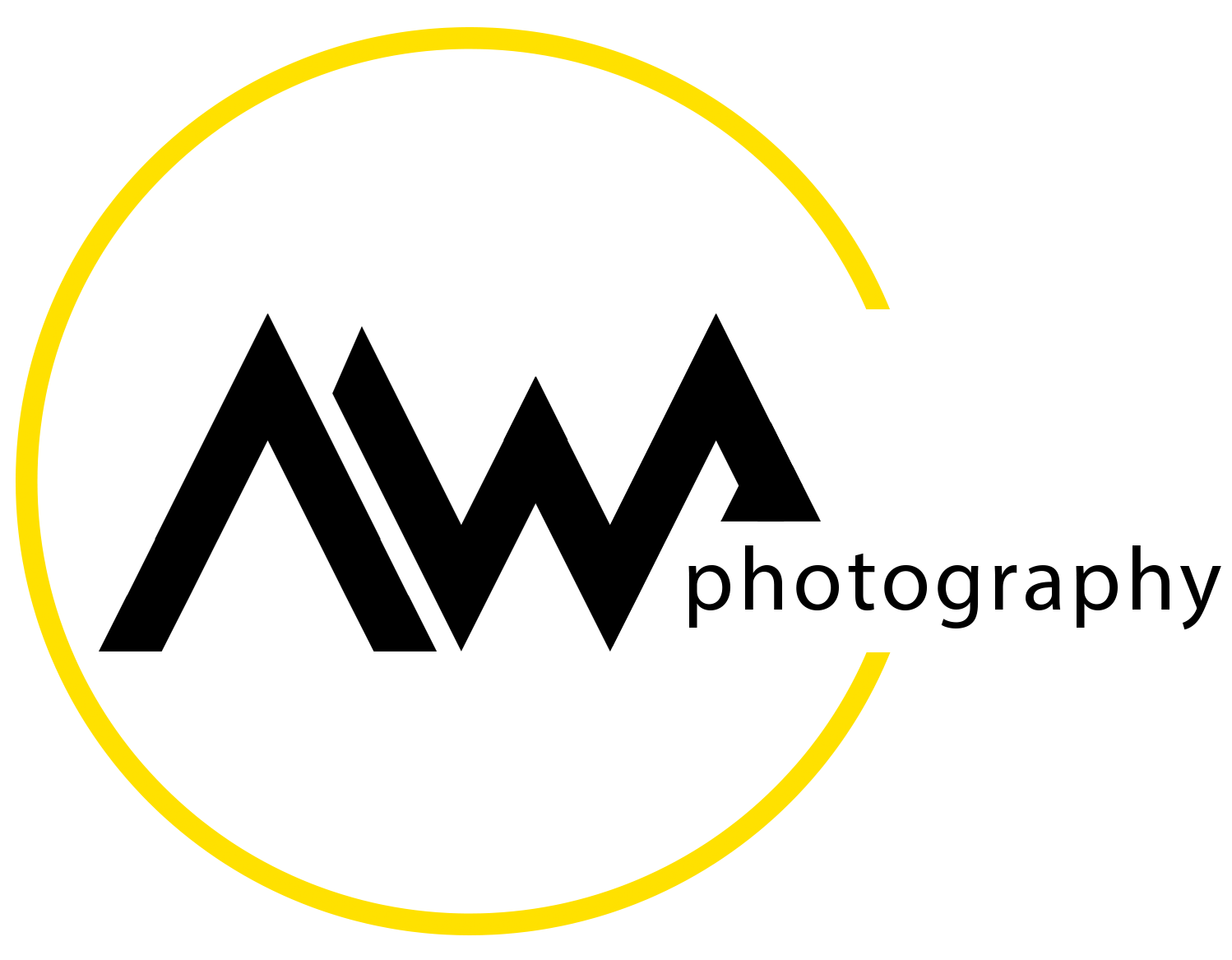Trouble, and how to shoot it...
/Hello everyone! Just a brief combined show description for my two streams this week. The first stream just wrapped up after a slightly hair-raising start. I was booted off the platform as I was hitting the “Go Live” button, at which time I also discovered that stopping a stream before you are finished is permanent and it plunges that whole stream into the inky vastness of eternity. And I couldn’t get it back. But I just made a new one and I think every one of you figured it out and made it to the show in time.
So the discussion tonight is about troubleshooting, or how we deal with situations that are not as planned. But it is much more than a simple conditioned response and it involves thinking, sometimes thinking a lot, and I will talk about how were need to organize that thinking in a way that will get us quickly and accurately to the solution. I won’t spoil the punchline - just watch the video.
The new and improved Walls Cross Polarizing gizmo
I started with a demo of the newly re-designed cross-polarizer, which was itself the result of some careful trouble shooting. I will be showing this in a lot more detail on Thursday, but if you want to build or modify the device for your specific needs there are a couple of things you must have. You will need a light source - an LED panel of some kind, or almost another other flat LED light, a sheet of linear polarizing film, and if possible some old filter holders (you don’t really need them, but they are easy to sue and make the whole device more compact ad fun to use. Here are a couple of affiliate links that may help you track down what you need. The first is good linear polarizer, like this one from Hoya - https://bhpho.to/3WiyGRz. You will need two of these so it will definitely be less costly to just buy a sheet of the material and cut is needed.
I really love the stuff that K&F Concept makes - not expensive and very well made. Finding a wave plate is a little more complicated - but you DO NOT need to the very expensive waveplates you will find at places like Thorlabs or Edmunds. You can make one by carefully cutting down to size any scrap piece of clear plastic (the kind that is used to make plastic boxes and cases for things like the little plastic bottles I store insects in). As long as it is clear and brittle like the stuff they make plastic knives and forks from, it should work fine. It is tricky to cut and I recommend using a jeweler’s saw or something similar.
This is mine and it works like a charm. You will need some microscope slides and I recommend getting both the flat ones as well as the ones with one or two shallow depressions for holding liquids.
This is a pretty good deal for both types. You can get as creative as you like with the LED and you shouldn’t need to spend ore than a few dollars to get one that will work - of course, if you are 3D printing your device, make sure it fits in the space you are leaving for it. You can’t go far wrong with the RM75 from Small Rig - a great performer!
They have increased the power and the price but these look really nice. Anyway, watch the upcoming Macro Talk Too Livestream to get more details on how to put this all together to use in your crystal photography.
Man wearing a home-grown crystal tiara
Hope you can make it to the crystal redux show on Thursday - here is the link - https://youtube.com/live/Tn6PCWgBCU8?feature=share
If you are not a member of Patreon, but like what you see on the channel and would like to help me make more content, please consider joining. It sin’t a lot of money but you get lots of value from your contribution - for starters, 4 hours of face to face macro stuff with me, every month. Check us out at https://www.patreon.com/allanwallsphotography.
I will add new links after the Thursday, if needed. See you then!








